So what makes 6 months the special age for trying food for the first time? Find out here.
Benefits of starting at 6 months
Evidence suggests it’s the age at which your baby’s digestive system has developed enough to cope with solid foods, and their chewing skills are ready to take on mashed foods. (Chewing is also great for building up those little facial muscles which will soon be used for talking.)
There are other reasons why it’s best to wait to 6 months. Babies have more control of their bodies, which means they can sit up in a high chair, and hold cups, spoons and finger food.
There aren't many foods that you can give your baby before they are 6 months old, and they won't have the good stuff that your baby needs to grow. By giving your baby breast or formula milk instead of food until they are 6 months old you are making sure you are giving your baby enough of what they need to keep them full and healthy.
Introducing different tastes and textures at 6 months
There’s far more to first foods than purees. It’s a chance to explore a whole new menu of flavours, colours and textures. You can try a range of mashed meals or let them go at their own pace with soft finger foods. Holding it in their tiny hands is the ideal way for them to get used to strange but delicious new eating experiences. We’ve got loads of first food ideas here.
Do bigger babies need solid food earlier?
It doesn’t really matter what weight your baby is, the digestive system, immune system and kidneys all develop at the same rate – so there’s no need to introduce solid food earlier just because your baby weighs more. If they seem more hungry than normal, they may be having a growth spurt – extra breastfeeding or more infant formula will be enough to meet their needs. If your baby is not sleeping through the night this might not be down to hunger – there’s no evidence to suggest that offering food earlier will make a difference.
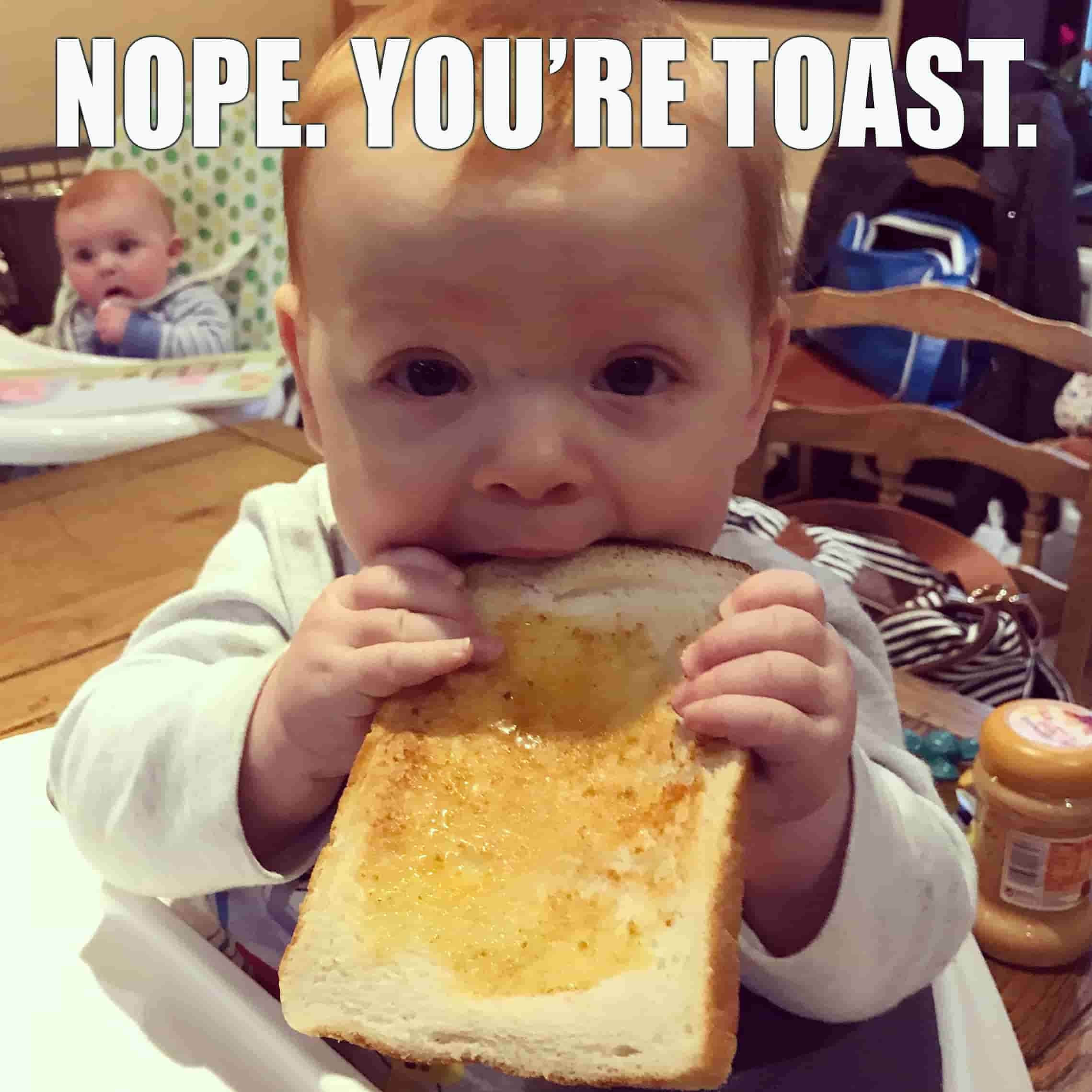
Why has this advice changed from 4 months?
We now know that babies under 4 months should never be given solid food, as it contains fewer nutrients than breast or formula milk and they’ll not be able to digest it. Between 4-6 months you are less able to give highly nutritious foods either. But if there are medical reasons why you have to start before 6 months, there are a number of foods you should definitely avoid.
Knowing when your baby is first food ready
Here are just a few of the tell-tale signs to look out for:
- They’re strong enough to sit upright in a high chair, and able to hold their head up on their own.
- The hand-eye coordination has developed to the stage where they can lift up food with fingers or a spoon and successfully pop it in their mouth!
If your baby is doing these things and is around 6 months old, try giving them a spoon full of soft food or some soft food they can pick up themselves. Babies who are not ready for their first foods will push the food out – there’ll be more food on their face than in their mouths. Try again after a few days and don’t worry, your little one will show signs of swallowing when they’re ready.
What if I decide to give food earlier?
Have a chat with your health visitor or GP if you're thinking of giving your baby solid foods before 6 months and bear in mind that giving your baby solid foods won't help them to sleep better.
The advice on when to introduce your baby to solid foods has changed because starting food too early can affect your baby's long term health. We don’t recommend it but if you decide to feed your baby first foods before 6 months then please remember:
- To make sure your baby is well supported in a baby chair, your lap, or that they’re sitting up supported by cushions on the floor.
- All food needs to be puréed to a completely smooth, thin consistency until your baby is 6 months old. This may make it more difficult for them to move onto mashed food, or food with lumps.
- Breast or formula milk are still all your baby needs at this age so make sure they’re still getting lots of milk.
Tips from parents
"Learn the difference between gagging and choking and embrace the mess!"
"My parents knew I was ready to eat when I started pinching food from their plates. I haven’t changed much!"
"Introduce empty bowls and cups to get them used to things being on their high chair."
 Activities & Play
Activities & Play Behaviour
Behaviour Childcare
Childcare Development & Growing Up
Development & Growing Up Family, Friends & Relationships
Family, Friends & Relationships Feeding Your Baby
Feeding Your Baby Food & Eating
Food & Eating Health & Safety
Health & Safety Mental Health & Wellbeing
Mental Health & Wellbeing Money & Work
Money & Work Online Behaviour & Safety
Online Behaviour & Safety Pregnancy & First Days
Pregnancy & First Days School & Education
School & Education Sleep
Sleep

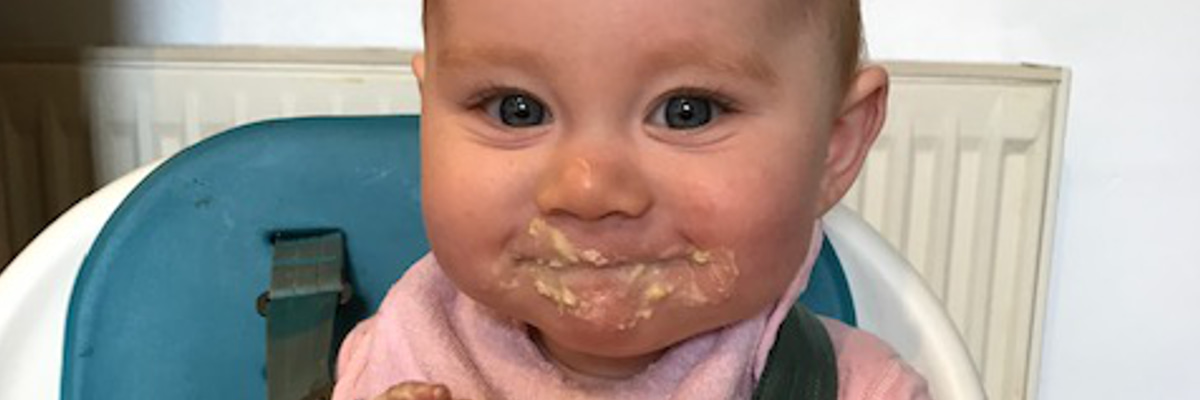
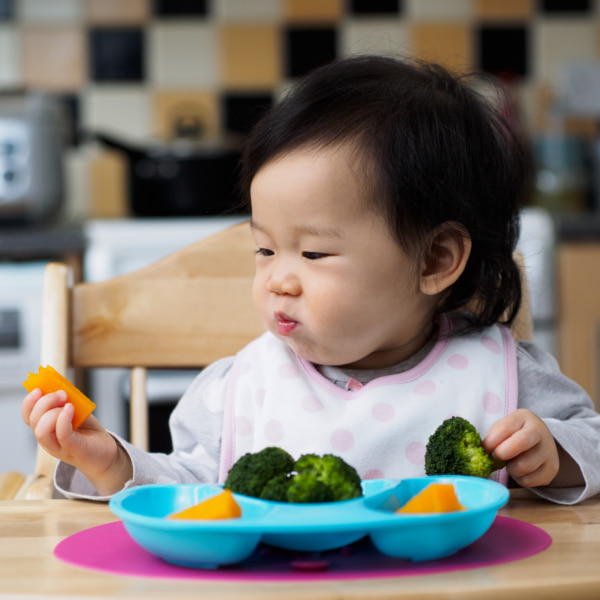
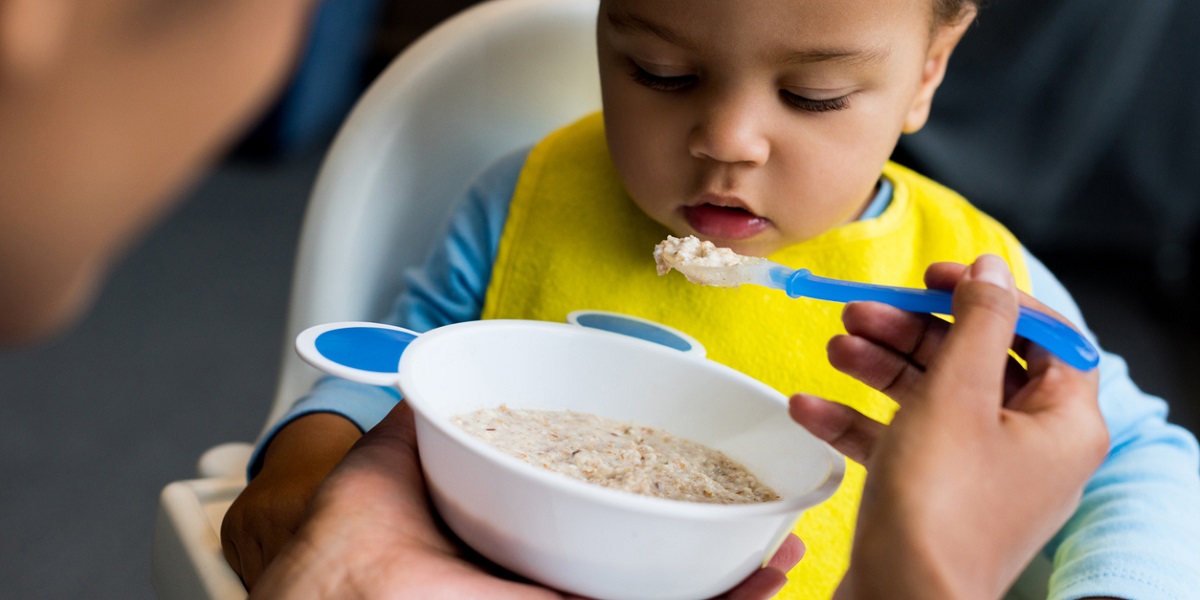
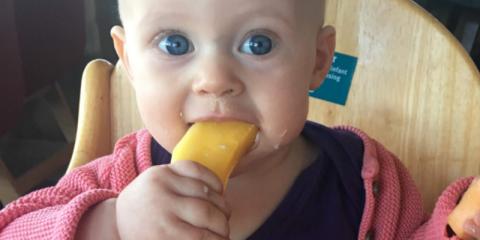
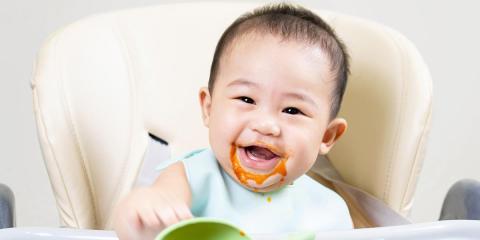
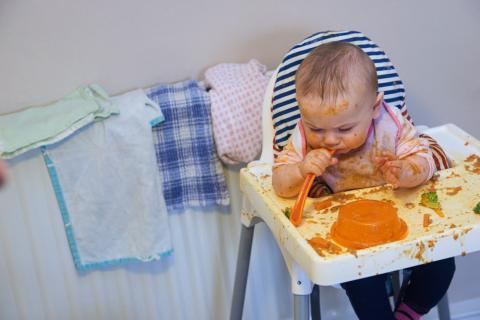

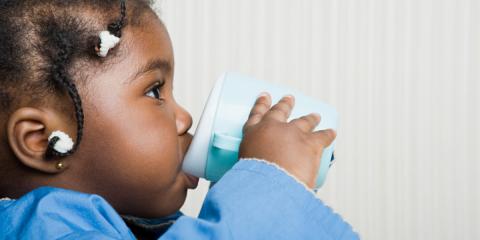

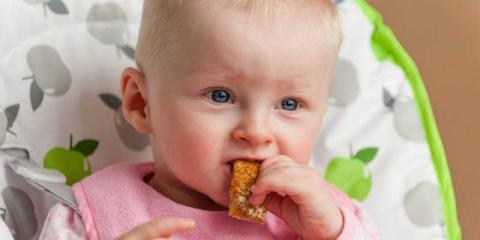
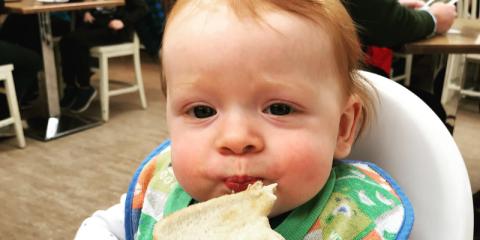
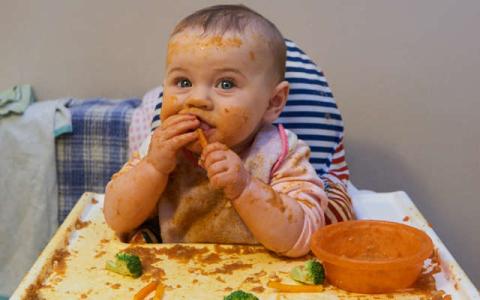

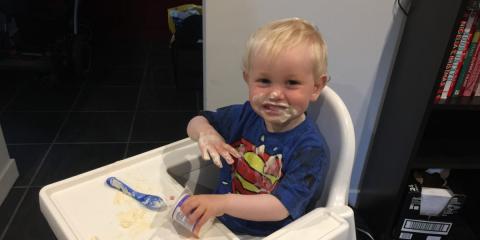
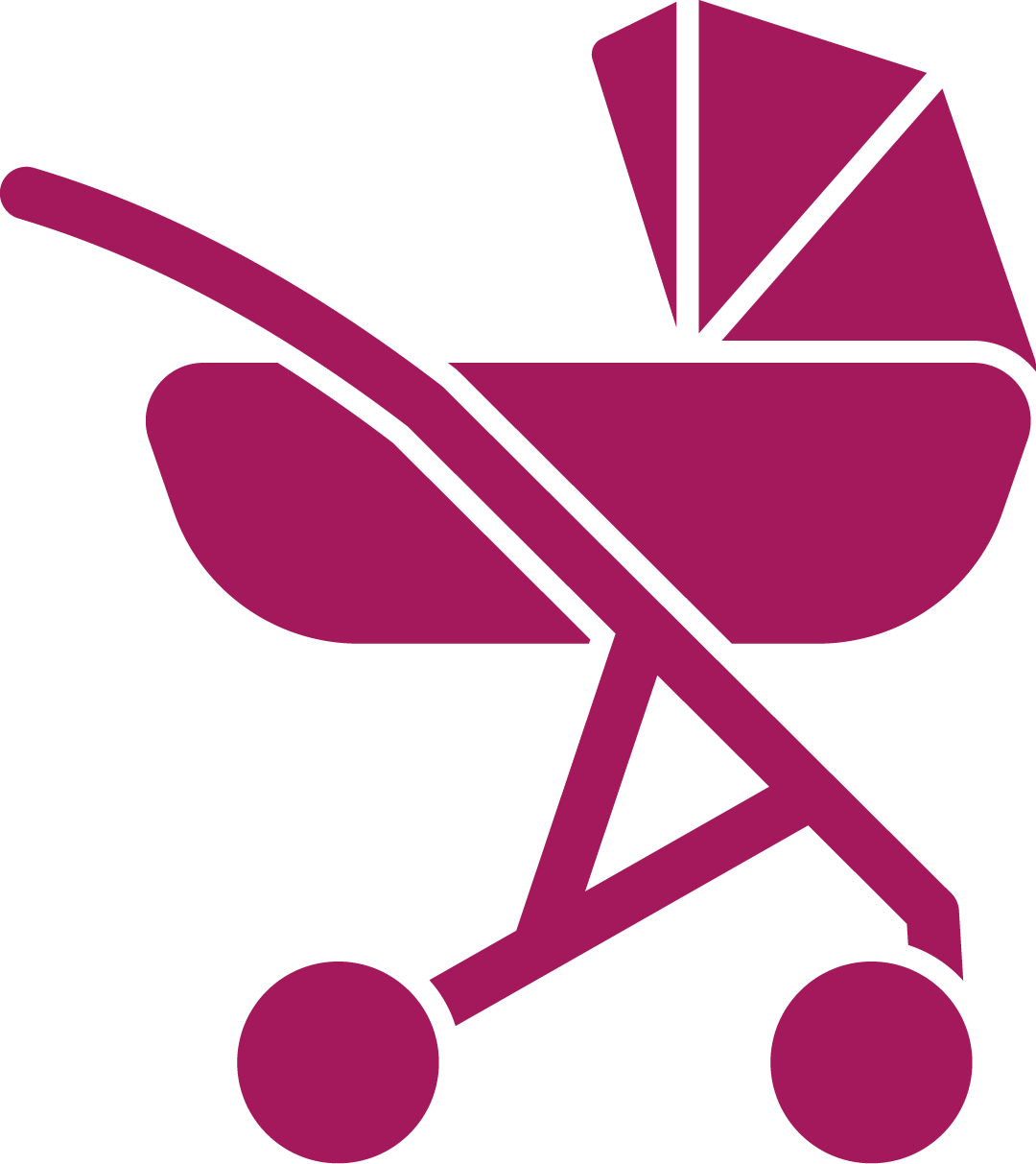 Pregnancy & First Days
Pregnancy & First Days
 Sleep
Sleep